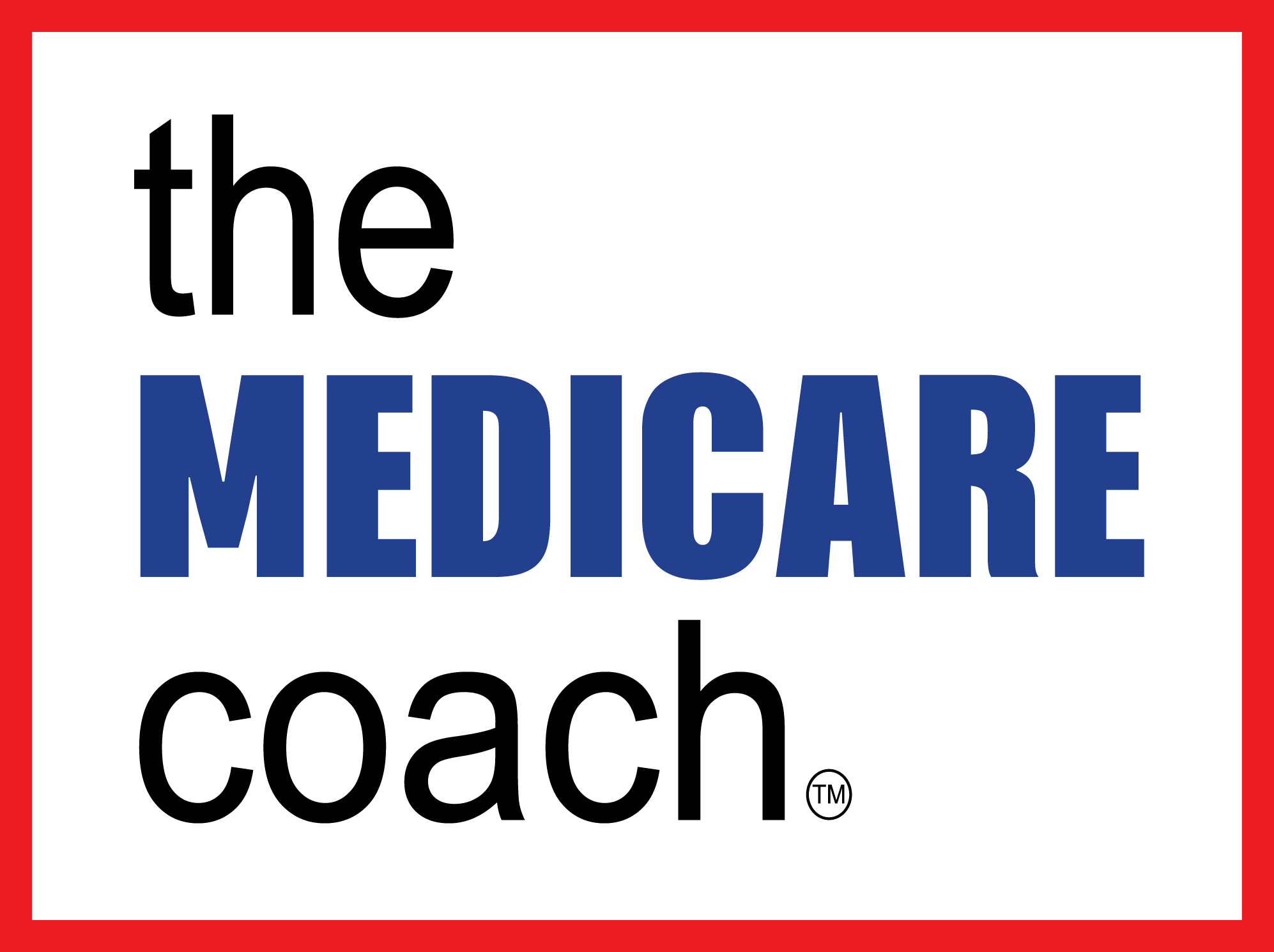Most people have no idea that Medicare will charge you an excess fee for your Medicare Part B and Medicare Part D premiums if their income is above certain thresholds.
In this blog post, I want to clarify what this means and what you can do.
This high-income penalty is known as IRMAA. IRMAA stands for income-related monthly adjustment amount. IRMAA means that if income is over a certain threshold, you will pay more for Medicare Part B and Medicare Part D premiums.
Essentially, the more money you make, the more you pay.
The unique thing about IRMAA is that Medicare looks back at your income from two years ago to determine what you’ll pay for Medicare premiums today.
That means, even if you have had a life event (like retirement) and don’t make what you made two years ago, you will still have to pay for this excess charge.
The things you want to be sure to understand are:
- What was my income two years ago?
- What is my excess charge?
- What will be the final costs for Medicare?
- Has my income significantly changed since then?
Now the question is, what do you do about this penalty? To appeal the excess charge, you must have a qualifying event.
Let me tell you a story first…
I was helping out my client Sue a few years ago to join Medicare. Due to her unique situation, we knew joining Medicare NOW was her best option. However, she was upset because she would have to pay the high-income penalty, even though she historically had a very low income.
Sue wasn’t sure WHY she was getting the high-income penalty. After some research, we learned that her financial advisor recommended she take money from her 401(k) plan to buy her new home. This additional income put her in the category of having to pay the high income penalty.
I am not saying she shouldn’t have bought the new home, but her financial advisor was unaware that this action would result in her paying MORE for Medicare.
Since Sue had no qualifying event, she could not appeal this excess charge until two years had passed.
My advice is this, as you approach Medicare, please be thoughtful about the decisions that you’re making as they could impact what you pay for Medicare.
Be sure to communicate with your financial advisor that IRMAA fees exist and there are specific income actions that you cannot undo and could result in you paying MORE for Medicare.
To get more detailed information on IRMAA, qualifying events, and what you can do, please visit our post on IRMAA & Medicare.

